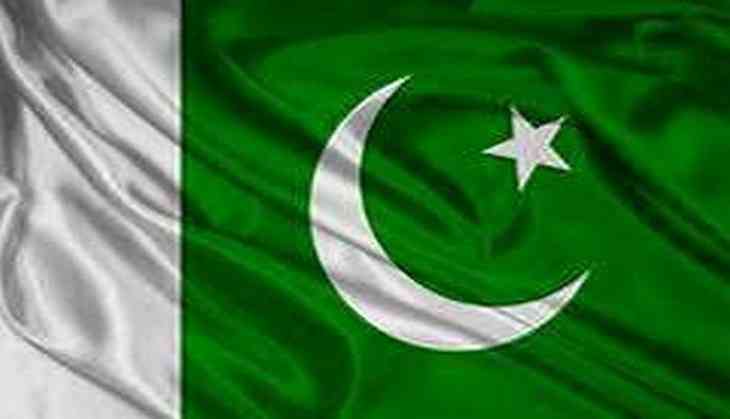Despite lofty claims of Pakistan, the local residents of Gwadar have long complained that Chinese presence and investment in the area has done very little, if any to improve their lives, particularly with regards to water scarcity and jobs, according to Dawn.
The success of protests by the Gwadar Ko Huqooq Do Tehreek ( Movement for Gwadar's rights) against Pakistani oppressive authority shows the vulnerability of the Imran Khan government, according to European Foundation for South Asian Studies
One of the protesters' demands was the elimination of 'unnecessary' checkpoints on major roads. More and more of these checkpoints had appeared as China-Pakistan Economic Corridor Project,
Chief among the demands of the protesters, who had come together under the Gwadar Ko Huqooq Do Tehreek [Give Rights to Gwadar Movement] and the leadership of Maulana Hidayat, was the demand to end illegal trawlers.
Trawlers from neighbouring areas such as Sindh and even other countries come to fish in these waters, severely impacting the catch of local fishermen.
Earlier in December, Prime Minister Imran Khan had finally "taken notice" of the "very legitimate demands of the hardworking fishermen of Gwadar," in a tweet. He had also promised strong action would be taken against illegal fishing by trawlers, according to Dawn.
However, the issue is not limited to illegal trawlers alone. Pakistan has given Chinese trawlers licences to fish in the waters off the coast. Locals, most of whom operate small boats, are unable to compete with larger, more advanced Chinese boats causing dissent.
Moreover, Gwadar is in Pakistan's impoverished province of Balochistan, which is a sparsely populated, mountainous, desert region bordering Afghanistan and Iran.



